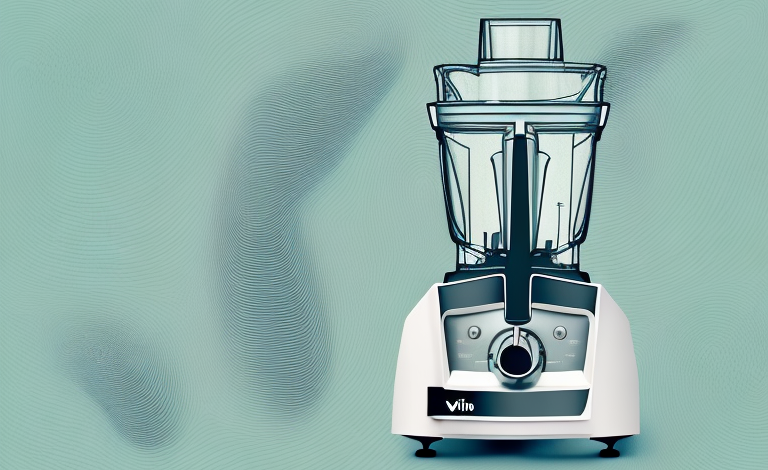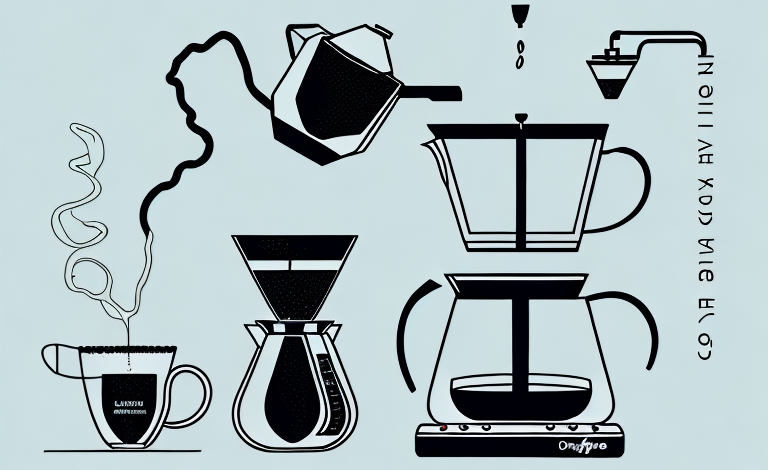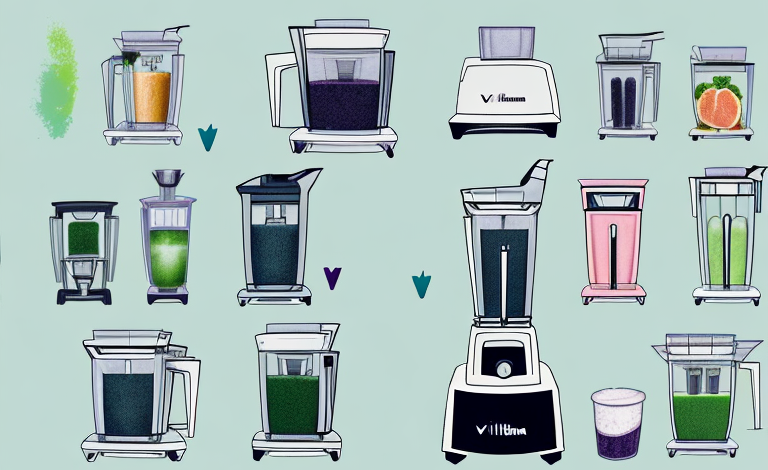Smart locks have quickly emerged as a popular choice for homeowners looking to upgrade their security systems. These locks offer a range of convenient features, from keyless entry to remote access control. However, with their growing popularity comes increasing concerns about their security. Are smart locks actually secure, and can they be trusted to keep your home safe? In this comprehensive guide, we’ll explore the vulnerabilities and limitations of smart locks and provide insights into how to choose the most reliable and secure system for your home.
Understanding the risks associated with smart locks
Smart locks offer many advantages, but like any technology, they are not without their risks. One of the primary concerns with smart locks is their reliance on wireless communication systems. While this feature allows homeowners to control their locks remotely, it also opens up numerous opportunities for hackers to gain access to the system. For example, if an attacker is able to take control of the homeowner’s Wi-Fi network, they can often gain access to smart locks connected to that network. Additionally, smart locks are vulnerable to physical attacks, such as lock picking or forced entry.
Another risk associated with smart locks is the potential for malfunctions or technical glitches. If the lock’s software or hardware fails, it could result in the homeowner being locked out of their own home or the lock becoming stuck in an unlocked position, leaving the home vulnerable to intruders. It is important for homeowners to regularly update their smart lock’s software and to have a backup plan in case of technical difficulties.
Vulnerabilities of traditional lock systems vs smart locks
When comparing traditional lock systems to smart locks, it’s important to consider the vulnerabilities of each. Traditional lock systems are vulnerable to physical attacks, such as lock picking and bumping. However, smart locks are susceptible to hacking, and they often rely on batteries, which can be drained by an attacker. In some cases, smart locks can be more secure than traditional locks, but this largely depends on the specific brand and model.
Another important factor to consider when comparing traditional lock systems to smart locks is the level of convenience they offer. Smart locks can be controlled remotely through a smartphone app, allowing users to lock and unlock their doors from anywhere. They can also be programmed to automatically lock and unlock at certain times, or to grant access to specific individuals through temporary codes. Traditional lock systems, on the other hand, require physical keys and can be more cumbersome to manage, especially in situations where multiple people need access to the same space.
How smart locks work and what makes them vulnerable to hacking
Smart locks work by using wireless communication systems, such as Bluetooth or Wi-Fi, to connect to a smartphone or other device. To gain access to the lock, the user must typically enter a code or use biometric authentication, such as a fingerprint reader. Smart locks are vulnerable to hacking because they rely on wireless signals to communicate with other devices. If the network is not secured properly, attackers can intercept the signal and gain access to the lock. Additionally, some smart locks have been found to have vulnerabilities in their firmware, which can be exploited by attackers to gain control of the lock.
One way to protect against smart lock hacking is to ensure that the lock’s firmware is up-to-date. Manufacturers often release updates to fix security vulnerabilities, so it’s important to regularly check for and install these updates. Another way to increase security is to use a virtual private network (VPN) when accessing the lock remotely. This encrypts the communication between the device and the lock, making it more difficult for attackers to intercept the signal. It’s also important to use strong passwords and enable two-factor authentication whenever possible to further protect against unauthorized access.
The role of encryption in securing smart locks
One key factor in securing smart locks is encryption. Encryption is a technique used to scramble data to make it unreadable by anyone except those with the proper decryption key. Strong encryption can help to protect information transmitted between smart locks and other devices from being intercepted by attackers. However, not all smart locks use the same level of encryption, and some encryption methods are weaker than others. It’s important to choose a smart lock that uses robust encryption to protect your sensitive data.
Another important aspect to consider when it comes to encryption and smart locks is the frequency of key changes. Some smart locks use a static encryption key, which means that the same key is used for an extended period of time. This can make the lock more vulnerable to attacks, as a hacker who manages to obtain the key can continue to access the lock for an extended period of time. On the other hand, smart locks that use dynamic encryption keys change the key frequently, making it more difficult for attackers to gain access. When choosing a smart lock, it’s important to consider not only the strength of the encryption method used, but also the frequency of key changes to ensure maximum security.
Comparing the security features of various smart lock brands
When selecting a smart lock, it’s important to consider the security features offered by each brand. Some smart locks include advanced features such as tamper alarms or physical barriers to protect against forced entry. Additionally, some brands prioritize security above all else, while others focus more on convenience features. By comparing the features of different smart lock brands, homeowners can make an informed decision about the right lock for their needs.
One important security feature to consider when selecting a smart lock is the level of encryption used to protect the lock’s communication with other devices. Some smart locks use advanced encryption methods, such as AES-256, to ensure that communication between the lock and other devices is secure and cannot be intercepted by hackers. Homeowners should also consider whether the smart lock has been independently tested and certified by organizations such as UL or ANSI to ensure that it meets industry standards for security and reliability.
Do-it-yourself vs professional installation of smart locks: Which is more secure?
Another important consideration when selecting a smart lock is whether to opt for a do-it-yourself (DIY) installation or to hire a professional. While DIY installations can be cheaper and faster, they can also be more vulnerable to security threats. Professional installations, on the other hand, are typically more secure due to the knowledge and experience of the installer. However, professional installations can be more expensive and time-consuming. Ultimately, the decision between DIY and professional installation will depend on the specific smart lock and the homeowner’s needs and preferences.
Best practices for securing your smart lock system
Even if you choose a highly secure smart lock system, there are still steps you can take to further protect your home. Here are some best practices for securing your smart lock system:
- Use strong passwords or passcodes to prevent unauthorized access to the lock
- Regularly update the firmware of your smart lock to prevent known vulnerabilities from being exploited
- Keep your Wi-Fi network secure by using strong passwords and encryption methods
- Limit the number of devices that have access to your smart lock system
- Consider using additional security features such as tamper alarms or cameras
Tips for choosing a reliable and secure smart lock
When selecting a smart lock, it’s important to do your research and choose a brand that prioritizes security. Here are some tips for choosing a reliable and secure smart lock:
- Choose a brand with a good reputation for security
- Look for smart locks with advanced security features, such as tamper alarms or physical barriers
- Choose a smart lock that uses strong encryption methods to protect your data
- Avoid cheap or unknown brands, as they may not offer adequate security
The future of smart lock technology and its impact on security
As smart lock technology continues to improve, we can expect to see further advancements in security features. Some future developments may include stronger encryption methods, more advanced biometric authentication techniques, and increased integration with other home security systems. However, the widespread adoption of smart lock technology also means that attackers will continue to find new ways to exploit vulnerabilities. It’s important for homeowners to stay vigilant and to continually update their smart lock systems to protect against these threats.
What to do if your smart lock is hacked or compromised
If you suspect that your smart lock system has been hacked or compromised, it’s important to take action immediately. The first step is to disconnect the lock from your network or device to prevent further access. You should then change the passwords or passcodes associated with your lock and update the firmware. If you are unable to secure the lock yourself, consider hiring a professional to assess the situation and provide guidance on how to prevent future attacks.
Balancing convenience and security with smart locks
One of the primary benefits of smart locks is their convenience. However, it’s important to balance this convenience with security. While it may be tempting to choose a smart lock with a range of features, it’s important to ensure that those features don’t come at the expense of security. Additionally, homeowners should always prioritize security over convenience when considering their smart lock options.
Consumer reviews and experiences with different types of smart locks
Finally, it’s important to consider the experiences of other homeowners when choosing a smart lock. Consumer reviews can provide valuable insights into the strengths and weaknesses of different smart lock brands and models. By researching consumer reviews and ratings, homeowners can gain a better understanding of which smart locks are the most reliable and secure.
Legal implications of using a hacked or compromised smart lock
Using a hacked or compromised smart lock can have serious legal implications. If your smart lock is compromised and results in a break-in or theft, you may be held liable for any damages. Additionally, if you use a hacked smart lock to unlawfully enter someone else’s property, you may face criminal charges. It’s important to ensure that your smart lock is secure and properly protected to avoid any legal issues.
Comparing the cost-effectiveness of traditional vs smart lock systems
Finally, it’s important to consider the cost-effectiveness of traditional lock systems compared to smart locks. While smart locks can be more expensive upfront, they offer a range of convenience features and can help to prevent break-ins and theft. Additionally, smart locks may save homeowners money in the long term by reducing the need for expensive locksmith services or the cost of replacing lost keys.
In conclusion, smart locks offer a range of convenient features and can provide an added layer of security to your home. However, to ensure that your smart lock is secure and reliable, it’s important to carefully consider the vulnerabilities and limitations of different brands and models. By following best practices and staying informed about the latest security threats, homeowners can protect their property and ensure that their smart lock systems are effective at preventing break-ins and theft.



